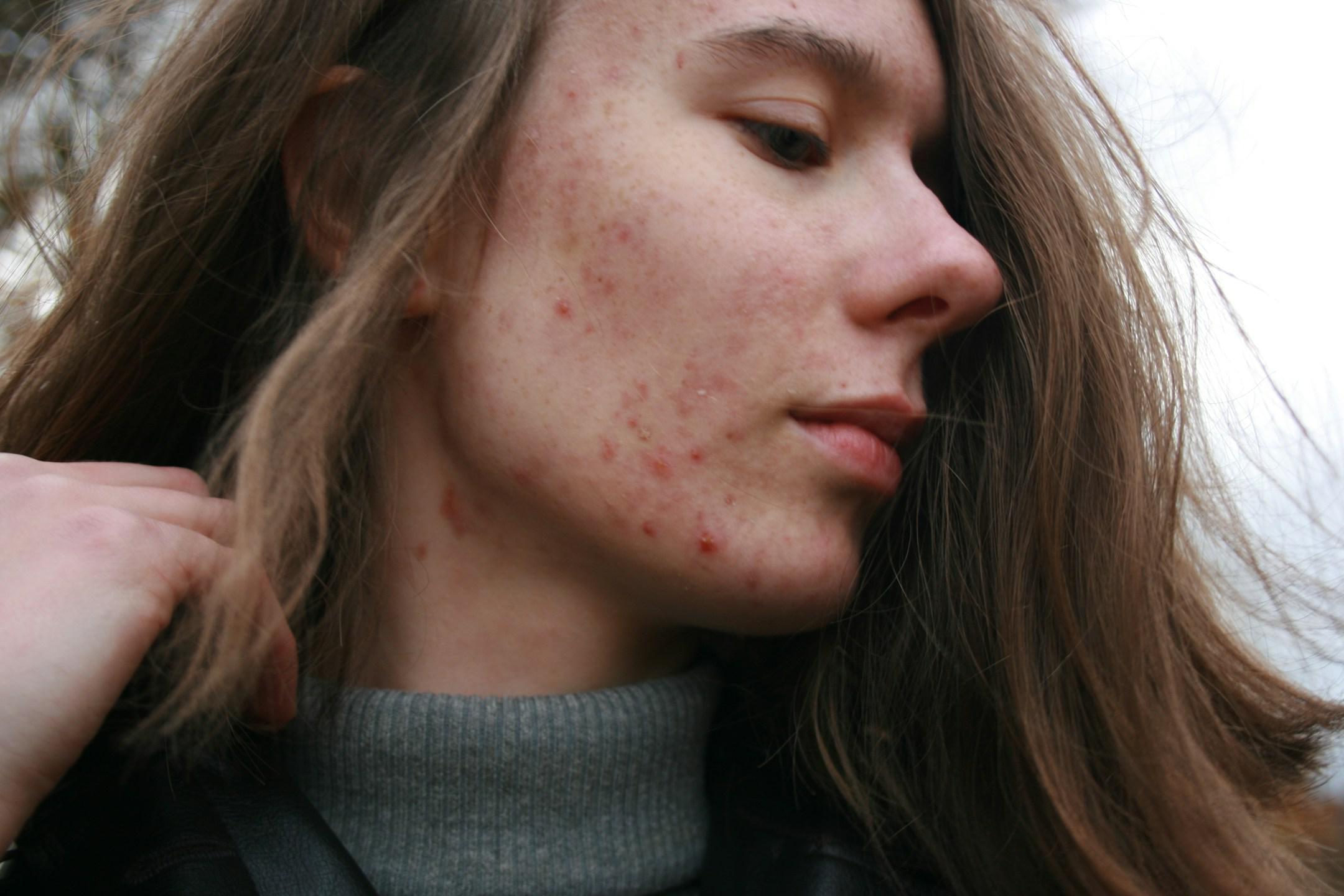Reasons Your Acne Treatment isn't Working

Are you frustrated that your acne treatment isn't delivering the desired results? You're not alone. Many individuals struggle to find an effective solution for their acne, often feeling disheartened when treatments fail to produce clear skin.
This blog post will explore why your acne treatment isn't working, helping you understand the factors hindering your progress.
Many people find that their acne treatment isn't working for various reasons. One major factor is inconsistency in the application of the product. For acne medications to be effective, applying them consistently as directed is crucial. Skipping days or using the product irregularly can diminish its impact and prolong the acne cycle. Additionally, some individuals may not give treatments enough time to work. Most acne medications, especially topical ones, require several weeks to start showing visible results. If you give up too soon, you might miss the chance to see improvements.
Another reason your acne treatment might not yield results is that you use the wrong product for your acne type. Acne can manifest in different forms, including cystic, hormonal, and comedonal, and each type may require a tailored approach. Over-the-counter products might not suffice for severe cases, leading to frustration and stagnation in treating the condition. Furthermore, some ingredients in treatments may not resonate well with your skin type, causing irritation instead of healing. Identifying the type of acne and choosing the right treatment can significantly influence your path toward clearer skin.
Several factors can influence acne treatments' effectiveness, making it crucial to understand what might hinder your progress. One significant factor is the type of product you’re using. Over-the-counter treatments might not be potent enough for your specific acne type, which may require prescription-strength medications.
Additionally, the application method plays a vital role; if you apply too little of a product, skip doses, or mix products without guidance, you can diminish their efficacy. Environmental factors, such as humidity and pollution, also contribute to acne flare-ups and can make existing treatments less effective.
Another essential factor is your skin's unique biology. Everyone’s skin reacts differently to treatments due to genetic, hormone, and skin type variations. Hormonal changes, particularly those related to menstrual cycles or medical conditions like polycystic ovary syndrome, can exacerbate acne even when using a consistent treatment plan. Stress is another major player; it triggers hormone production that can lead to increased oil production and clogged pores.
If your acne treatment isn't delivering the results you hoped for, it's essential to reassess your approach. Start by consulting with a dermatologist who can provide personalized recommendations based on your skin type and acne severity. They may suggest alternative treatments, such as topical retinoids or antibiotics, and evaluate whether your current regimen is appropriate for your specific skin concerns. Maintaining a consistent skincare routine—including gentle cleansing and moisturizing—can help create an optimal environment for your treatment to work effectively.
In some cases, addressing lifestyle factors can significantly impact your acne. Review your diet and consider reducing sugar intake or dairy products, as they can trigger breakouts in some individuals. Stress management techniques, such as meditation or regular exercise, can also play a role in improving your skin's condition. Lastly, be patient; acne treatments often take time to show results. If you've been diligent and still see no improvement after several weeks, it's crucial to follow up with your dermatologist to explore other options tailored to your needs.
Acne commonly starts during puberty and worsens in people with oily skin. Finding the right medication can be difficult. Good MDs offer doctor consultations and prescription treatment for acne from your phone or computer. Find out more here.
Stay updated on our news and events! Sign up to receive our newsletter.